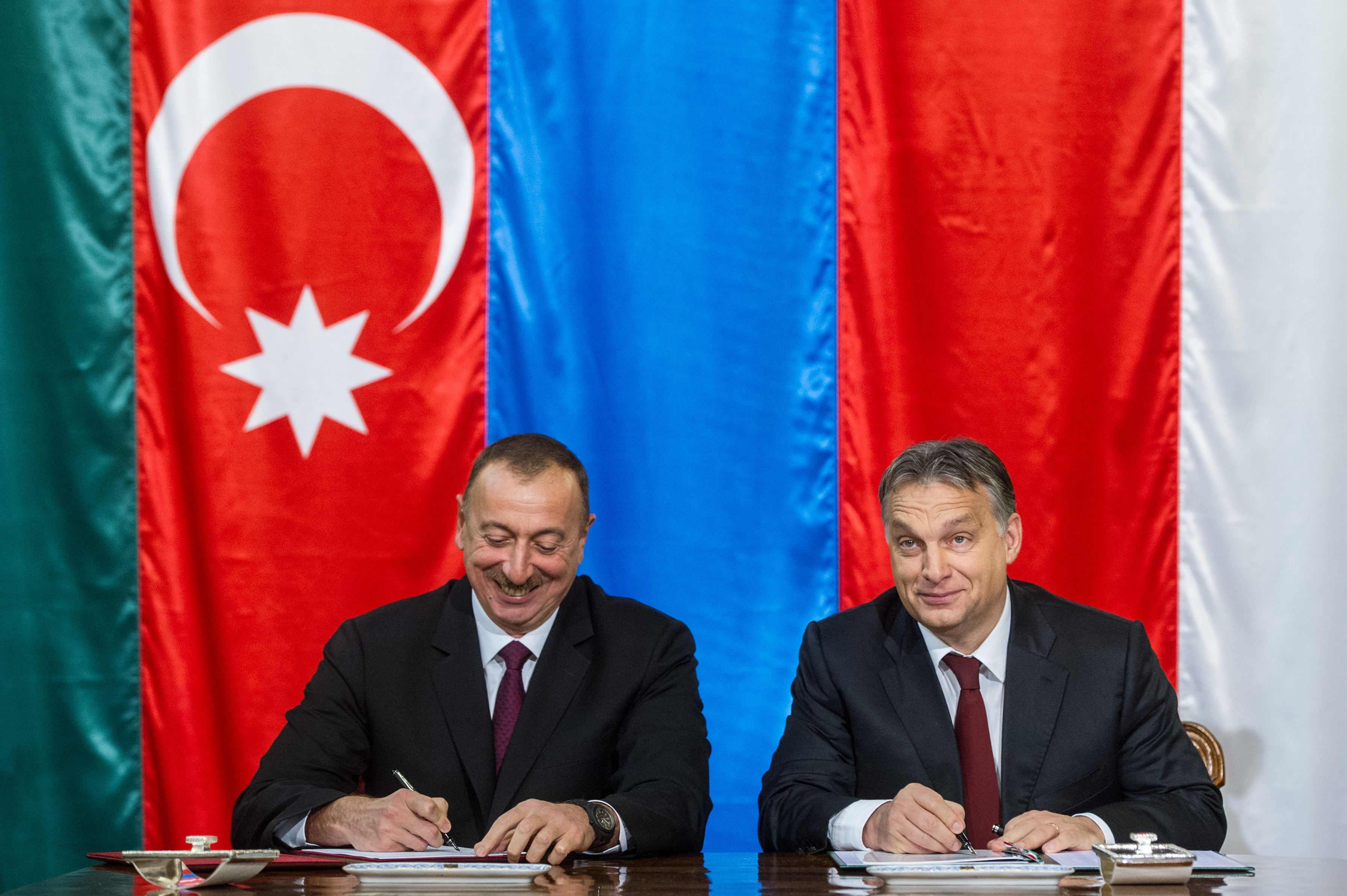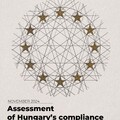Hungary announced to leave the Open Government Partnership on Tuesday, only one day before the start of the OGP Summit in Paris. Here is a short summary on how we got there.
Hungary joined OGP in 2012 after local NGOs suggested this during the development of Hungary’s National Anti-Corruption Strategy, which was lacking any pro-transparency measures. We hoped that Hungary’s membership will create a forum for regular cooperation in transparency and anti-corruption issues and even if we won’t change the world with our Action Plan, some meaningful steps towards open government can be taken. Especially regarding the electronic publication of government documents there was a lot to do, but regulation on party finance, whistleblowing or lobbying needed vast improvement too.
The process of developing the first Action Plan started promising, committed government experts were open to our suggestion and incorporated a great part of our recommendations in the agenda.
Soon after that the process started to slow down as the document reached the political level. The final commitments were vague and quite weak, and no reasoning was given for that. The biggest shock though came with an amendment of the FOI Act that went directly against the principles of open governance by allowing data holders to reject excessive data requests. The Act was adopted just a few days after Hungary published its first Action Plan in London. The action plan itself was completed in 2014 with moderate results, several commitments reappeared in the second one showing even less ambitions for really impact.
But at that time it was clear to everybody that the Hungarian Government’s sole purpose with its membership was the opportunity to communicate its devotion to open government and a dialogue with civil society to the international community. In Hungary things were sliding to a very negative direction. The government accused critical NGOs of representing foreign interest and the Prime Minister Viktor Orban ordered the Government Control Office to investigate these groups. This was the start of a long and still lasting campaign against an important part of Hungarian civil society, among them the organizations participating in the OGP process.

Response policy victims
When Hungary started the development of its second Action Plan in early 2015, NGOs asked the government to open negotiations on the already deteriorated FOI framework, otherwise they would no longer partner in the OGP procedure. This request was left without any reaction. Instead the FOI framework got further serious hits from the government. FOI requests were made more difficult and pricy and the government used sectoral laws to exclude institutions from the FOI Act. This was the point when NGOs called on the OGP Steering Committee to launch a thorough investigation into the situation in Hungary, with a view to helping to reestablish a positive environment for government and civil society collaboration. The Hungarian government rejected these complaints or did not react on them at all.
This Summer OGP published its report on the situation, confirming most of the problems NGOs reported about. They invited the government of Hungary to work with the Criteria and Standards subcommittee to develop a work plan with regular check-ins and a timeline for Hungary to address the situation. The Criteria and Standards subcommittee drafted a document that outlined the actions needed to be taken by the government of Hungary to restore a positive operating environment for civil society. The government did not respond for a long time, but recently expressed that they do not accept the report's conclusion. As a response OGP invited Hungary’s Minister of Interior to the Paris Summit to discuss the situation and agree on further steps.
Instead of that the government adopted a decree to withdraw from OGP. This was the reasoning by the Hungarian government:
“Instead of discussing good governance practices the Open Government Partnership has become an arena where certain countries lecture others and where genuine dialogue does not take place, facts are misrepresented, and one-sided reports are prepared. The reports feature the opinions of so-called civil organizations that continually judge our country, while it neglected the government’s response. There is no point to maintaining our membership in such an organization which has completely drifted away from the objectives set out at the time of its founding. Today Péter Szijjártó informed the Open Government Partnership’s steering committee of the government’s decision.”
Although we see this as a prove of our previous complaints, showing that there was absolutely no will to make OGP meaningful for Hungary, we are extremely disappointed and worried about Hungary’s status in the democratic community. Still Hungarian NGOs remain committed to transparency and accountability and will continue their efforts to fight for open government in the region.





